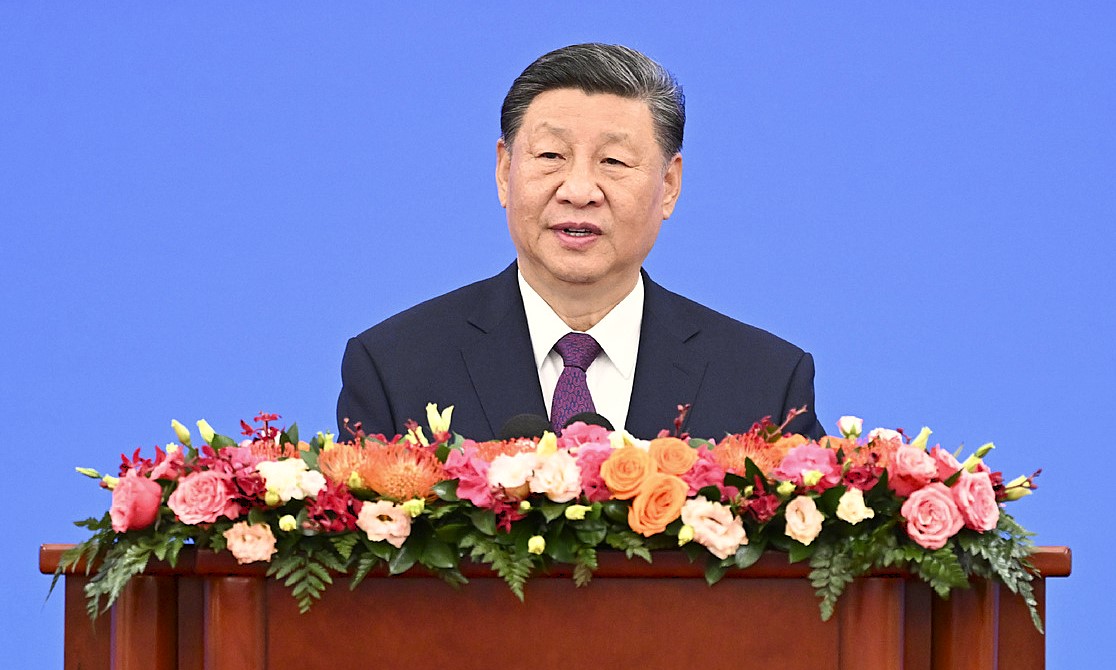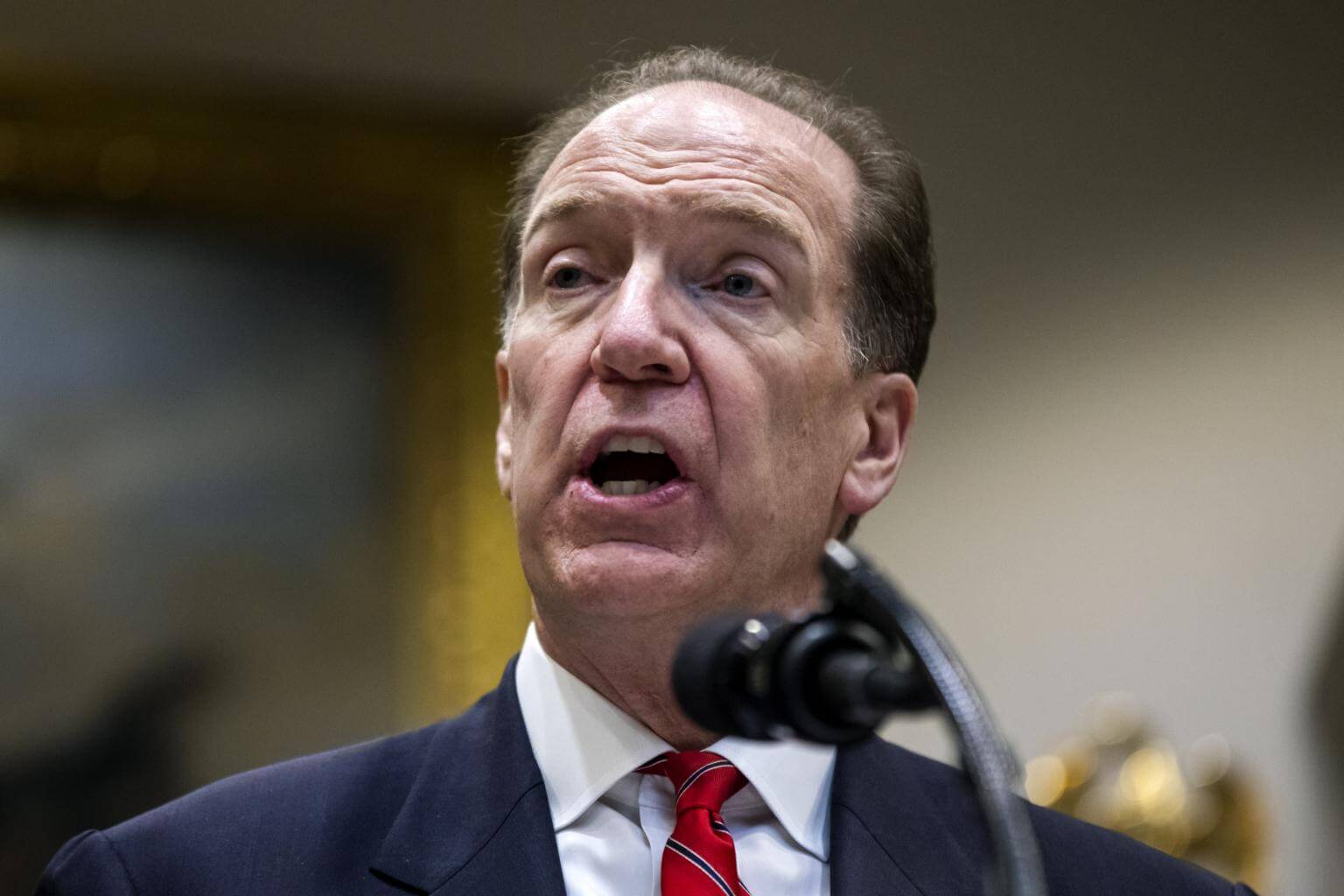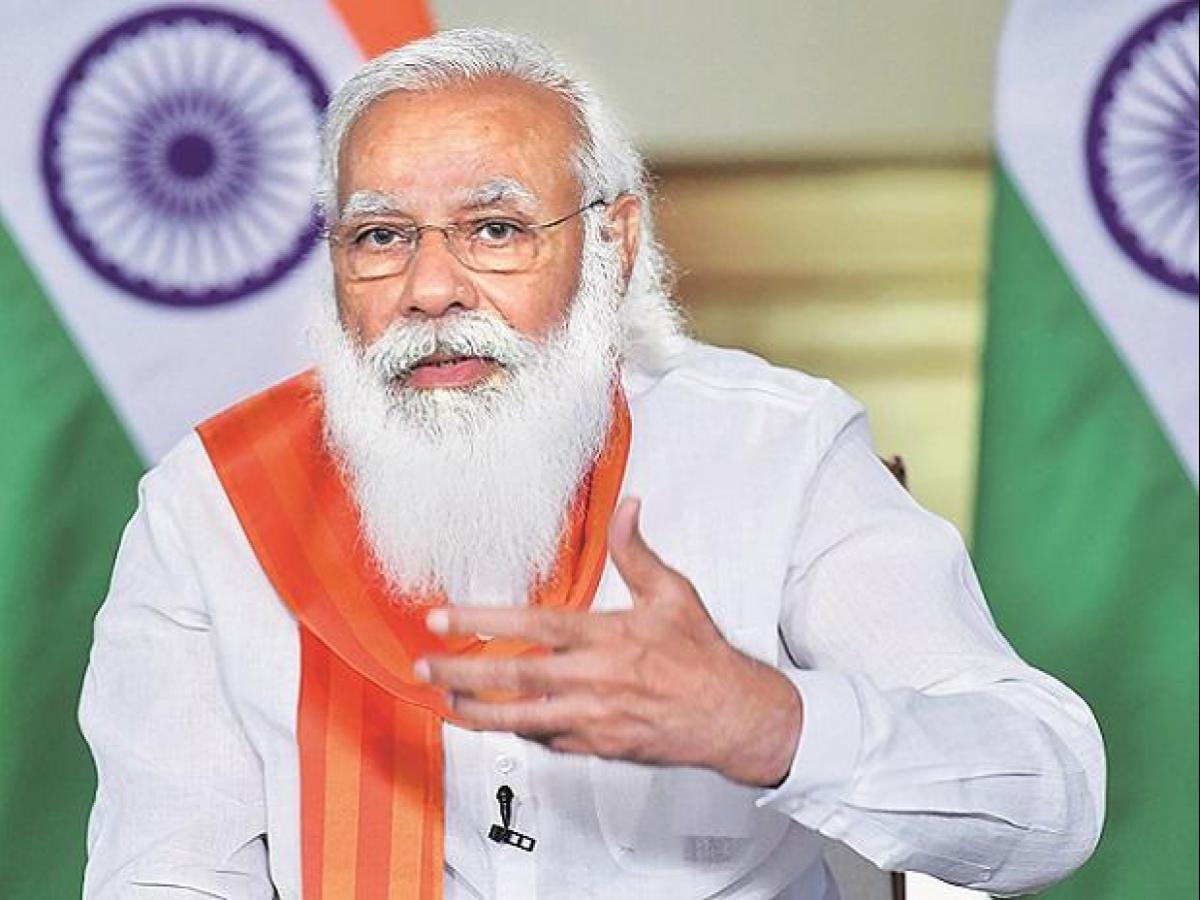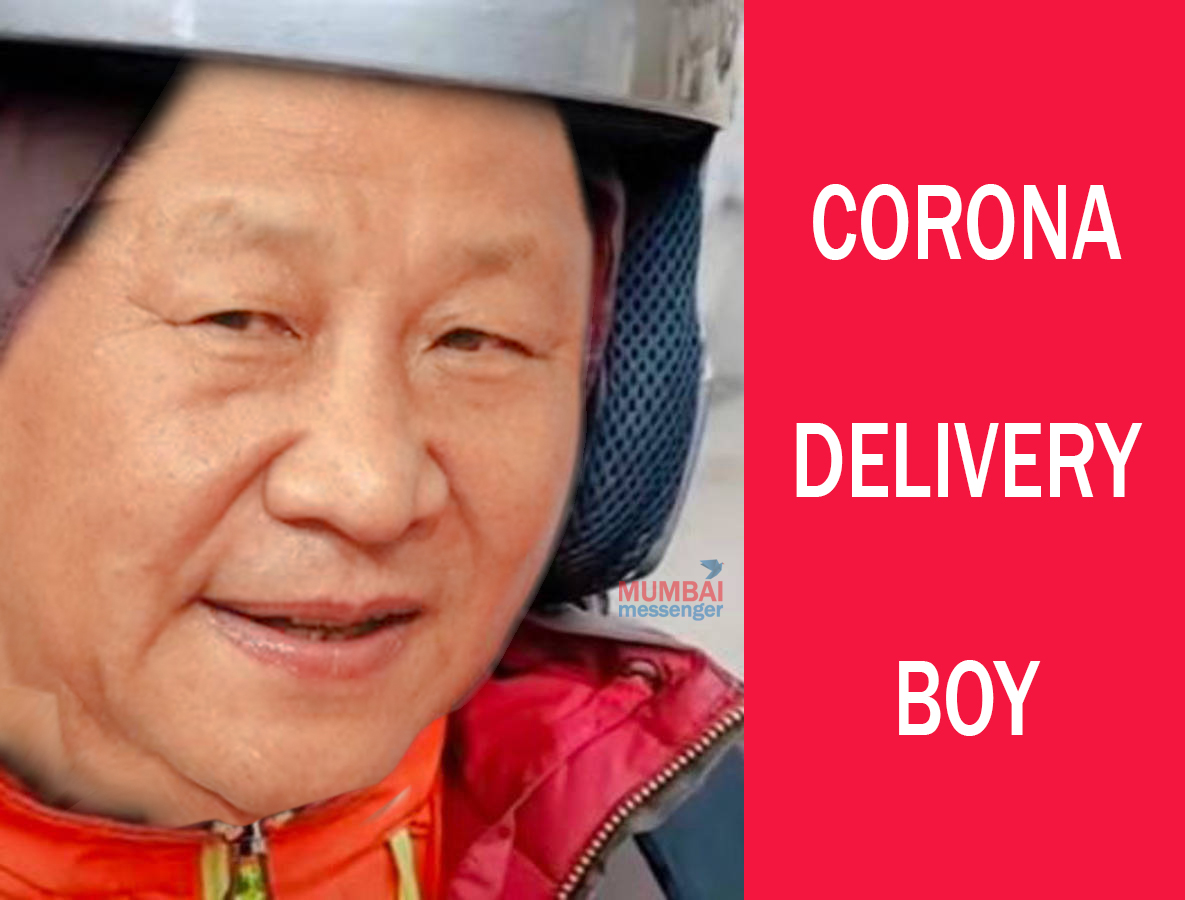By Mewati Sitaram – Beijing
Offering a renewed vision for international cooperation and harmony. President Xi inaugurated the event at opulent Great Hall of the People in the presence of World’s top leaders and dignitaries. The Five Principles, (In India it is known as Panchsheel) born in the aftermath of colonial rule and the looming Cold War, have stood the test of time. Originally conceived as a framework for relations between China, India, and Myanmar. These principles have evolved into fundamental norms of international law. They advocate for mutual respect of sovereignty, non-aggression, non-interference in internal affairs, equality and mutual benefit, and peaceful coexistence.
President Xi emphasized the enduring relevance of these principles in today’s complex global landscape. He portrayed them as a robust foundation for international relations, transcending ideological differences and fostering unity among developing nations. In Xi’s view, these principles have not only guided diplomatic relations but have also contributed significantly to human progress and the reshaping of the international order.
Building upon this legacy, Xi introduced China’s vision of a “community with a shared future for mankind.” This concept, he argued, is a natural evolution of the Five Principles, adapted to meet contemporary global challenges. It promotes a new model of international relations based on equality, mutual benefit, and win-win cooperation.
The Chinese leader’s speech highlighted the critical juncture humanity faces, torn between peace and conflict, progress and regression. He called for a recommitment to the spirit of the Five Principles, urging nations to prioritize mutual respect, peace, and shared prosperity. Xi’s vision extends beyond mere coexistence, advocating for active collaboration in addressing global issues such as security threats and economic disparities.
A significant portion of Xi’s address focused on the Global South, recognizing its growing influence and potential in shaping world affairs. He encouraged these nations to take a leading role in building a community with a shared future, emphasizing their importance in maintaining peace, driving open development, and reforming global governance structures.
To support this vision, Xi announced several initiatives aimed at fostering cooperation among Global South countries. These include the establishment of a dedicated research center, scholarships for excellence, extensive training opportunities, and a youth leadership program. These initiatives reflect China’s commitment to nurturing partnerships and promoting knowledge exchange among developing nations.
Xi reaffirmed China’s dedication to the Five Principles, noting their incorporation into the country’s constitution and their central role in shaping China’s foreign policy. He pledged China’s continued support for these principles and its commitment to working alongside other nations to build a shared future for humanity.
The conference, attended by a diverse group of international representatives, former leaders, and experts, served as a platform to reflect on the historical significance of the Five Principles and to chart a course for their application in the 21st century. As global dynamics continue to shift, China’s promotion of these principles and its vision for a shared future offer a perspective on how nations might navigate the complexities of modern international relations while striving for peace and mutual prosperity.

Editor in Chief : Mewati SItaram











